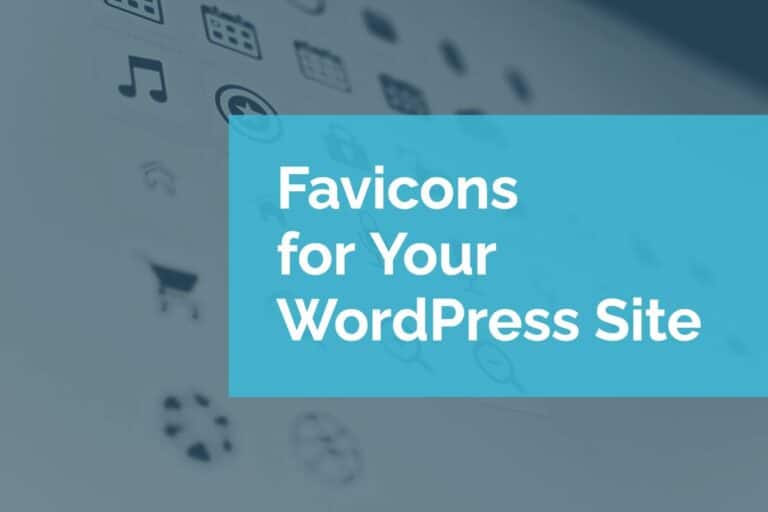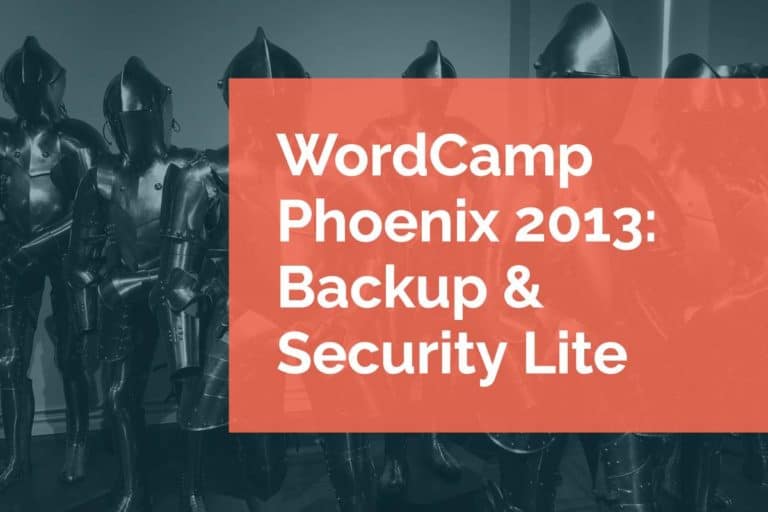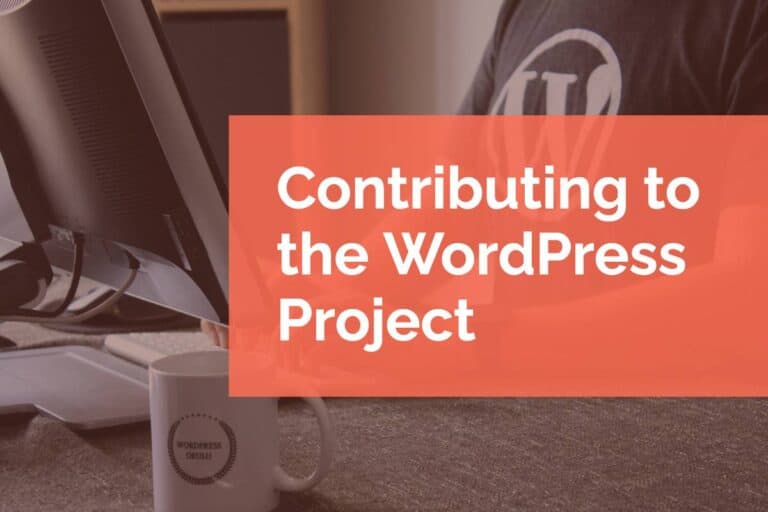Why Do We Use WordPress?
One thing you’ll notice right away if you look around this website or review our portfolio, we love WordPress. We build every new project with WordPress as the engine. We’ve been using it since version 1.5 and have watched and helped it evolve into the CMS platform we know today. What keeps us coming back to WordPress as our tool of choice?
Flexibility
WordPress is an incredible flexible platform. You can manage and display all of your content; text, images, videos, and more. In addition, when you’ve mastered the core feature set you have nearly infinite expandability via the plugin architecture for the platform. Because WordPress is open source, tens of thousands of plugins have been developed to modify and extend it’s capabilities. You can quickly add anything from a Facebook widget to an entire social media package to an installation. Programmatically, WordPress integrates with almost anything. The addition of a REST API makes content accessible to more external platforms than ever.
Growth
WordPress was originally built as a blogging tool (and that’s still a very viable part of the platform). As time moved on, the content management aspect became an increasingly important factor to the continued development of the platform. In recent years, the focus on API integrations push the boundaries of what can be done with WordPress. We’re able to power the simplest cat blog to the most complex ecommerce experiences to content rich entertainment sites. WordPress is currently running a little over 25% of the websites on the internet. The active development of the tool means that these capabilities are going to become more refined.
Maturity
WordPress is approaching 14 years of development. While some might argue that this means the code has too much of a legacy to support or that the code base has some outdated portions, the open source nature and aggressive release schedule have kept that from being the case. On the contrary, its age and longevity have made it an incredibly stable platform with smooth transitions for new releases.
Security
With widespread adoption, WordPress sites are a prime target for hacking attempts. It also means that security features are constantly being tested, proven, and integrated into core on a nearly daily basis. There are companies that protect your site from all types of intrusions that have plugins that can be easily implemented by even the most novice of users. On the larger end of the spectrum dedicated firewalls can harden your ecommerce site. With so many users relying on the platform, security measures have come to the forefront.
Community
The aforementioned 25% of the web has other implications. This level of market penetration along with the open source license mean that a huge number of developers are reviewing, changing, and extending the code base. In fact, WordPress encourages developers to donate time to making core better. We’ve contributed to core and enjoyed the experience. Beyond the code however, the spirit of what it means to be an open source project infuses the WordPress community in other ways.
There are meetups, WordCamps, Facebook groups, and even Slack channels where users can get involved in both learning more and sharing what they’ve learned. Pixel Jar started one of the earliest WordCamps in Orange County California and we’re proud to say that we’re on the committee for the upcoming 8th annual WordCamp Orange County. In addition, we run one of the WordPress Meetups in Orange County once a month. These events, along with sharing information are places where we’ve made lasting friendships and even found new employees.
WordPress isn’t the only option available for building and managing your website. But we specialize in building high end websites and integrations because it is often the best solution.






